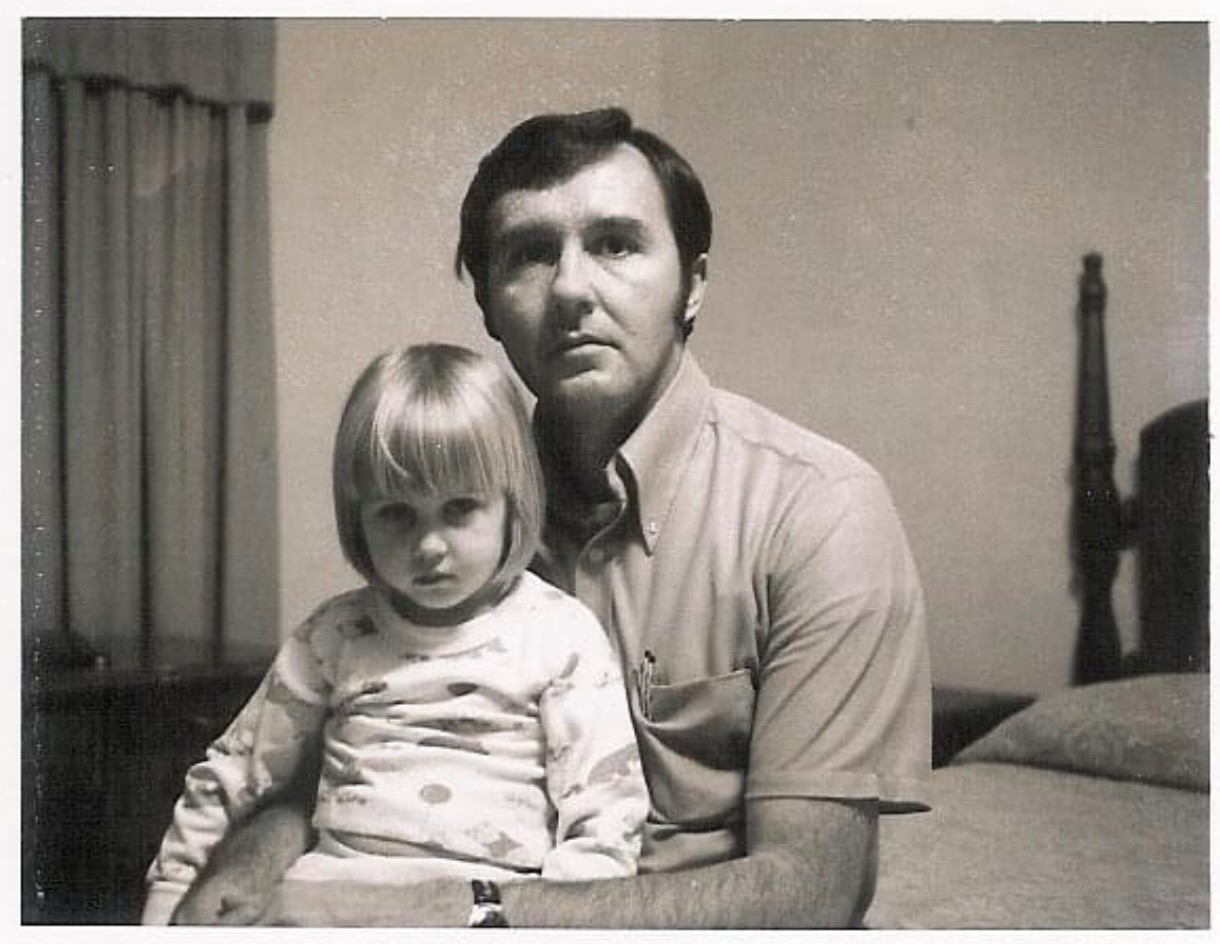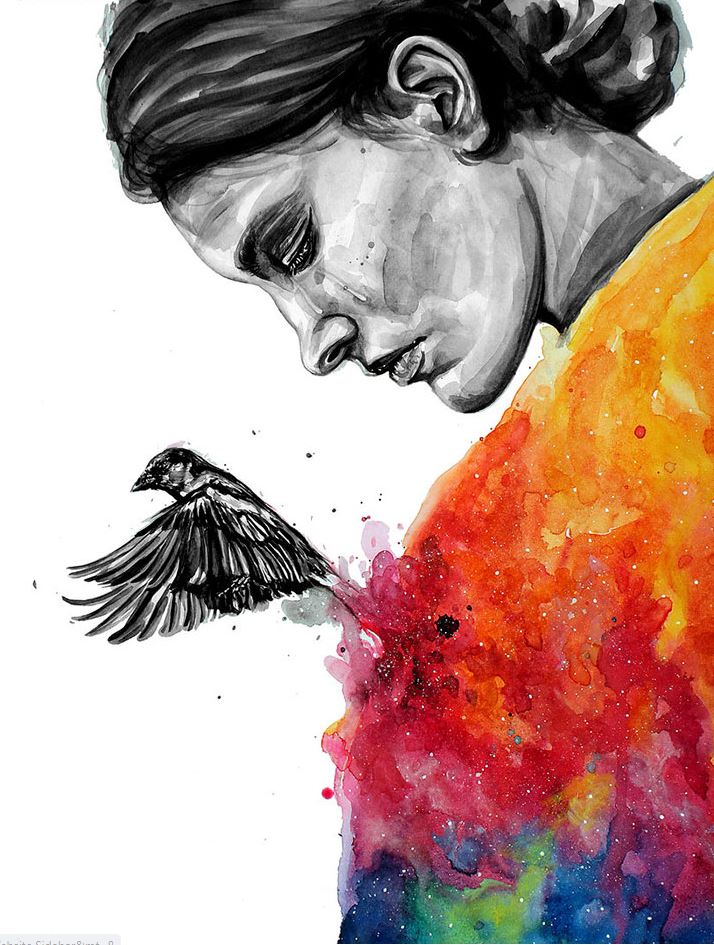
Hello Darkness, my old friend. It looks like even the pandemic couldn’t prevent you from coming around again. Depression is a yearly unwelcomed houseguest in my brain. Every winter I try to lie as still as possible with hopes that it will think I’m not at home and move along. But depression is part of my human condition, and it seems I’m always nominated to be President of the League. While I don’t usually talk openly about mental health, this year has been different. I believe there are benefits in speaking out to others to let them know they are not alone. This year has been hard for many and you, or someone you know, maybe experiencing depression for the first time. A subject that was once inconceivable to talk about in public, is now acknowledged and spoken about freely. Interesting though, some people can discuss at a dinner party their cancer, heart conditions, or dementia, but bring up the subject of depression and watch some people squirm in their seats, have a few more sips of their wine, or try to frantically change the subject.
Depression comes in three basic forms: genetic, seasonal, and situational. I fall somewhere between the first and second categories and mainly suffer from Seasonal Affective Disorder, otherwise known as, SAD. I cannot think of a more appropriate acronym. SAD is a form of depression that occurs at the same time each year, usually in winter. It can affect your mood, sleep, appetite, and energy levels, taking a toll on all aspects of your life from your relationships and social life to work, school, and your sense of self-worth. You may feel like a completely different person to who you are in the summer: hopeless, sad, tense, or stressed, with no interest in friends or activities you normally love. For many, the symptoms usually begin mildly at the start of fall and get progressively worse through the darkest days of winter. Then, by spring or early summer, the symptoms lift until you’re in remission and feel normal and healthy again.
Seasonal depression has always been a part of my life and was noticeable by my parents as a very small child. My depression often looks like a cloak made of my worst nightmares, creeping into my waking life until I am completely wrapped up in it. But oddly there’s something comforting about it too. I know it, backward and forwards. I’ve felt that darkness so often, that it can feel like a blanket, silencing every other feeling or thought. There are no surprises because I’ve heard it and felt it all before. It’s like the childhood monster that lived under your bed. As soon as your feet hit the floor, you were convinced it will swallow you whole – and depression does. You simply disappear. The joy I experience when depression is off hiding can seem so unquenchable. I’m able to forget that depression ever visited me in the first place. But when depression is there, it’s entirely the opposite. I forget I ever knew anything else, and nothing can drown out its negative chorus in my head. Sometimes it’s less like a voice and more like a movie. Scenes of rejection, failure, humiliation, and exclusion (real or imagined) play on a loop in my mind until there’s nothing I can do but hate myself. Sometimes there’s nothing going on at all. Sometimes, I just feel trapped in this dark place where there’s nothing to do but sleep or cry until my head pounds. On those days, just getting out of bed is a triumph.
Although it includes it, depression is more than insecurity or anxiety. It is a kind of sorrow, but it is deeper than any grief I’ve lived through. It is a kind of anger, but it is more troubling than any rage I have known. It is a kind of loneliness beyond being single or alone. It is a kind of indifference, hopelessness for any improvement, and I have never experienced that apathy apart from my depression. It encompasses all my past pain and amplifies it a hundredfold. Even that will to live wanes thin. The harder depression hits, the more deeply I long for release from what begins to feel like a heavy, itching, shroud of life too difficult to bear. You live stuck in a world where it aches to be alive, but you are too afraid to die.
Maybe you’re like me. Maybe you feel like you face the darkness of depression alone. It’s hard for someone who hasn’t dealt with it firsthand to understand what we feel, and it can make it hard for us to reach out. I always need a reminder, and I want to offer it to you too: you are not alone.
I've learned from failed relationships that it’s important to be transparent to friends and family when you feel the darkness taking hold. Exposure can make you feel vulnerable, but it can also prevent misunderstanding once the light pulls you back to safety. You have a sense of responsibility to let your loved ones know that you may disappear for a while and that you are dealing with interpersonal demons. Let them know it’s safe for them to be a lifeline at a distance and to not take the detachment personally. If someone you care about is depressed, especially if they are struggling with “having no reason” for it, the most important thing you can do for them is to be a compassionate and active listener.
If someone is dealing with depression, you may not be sure how to support them. If your attempts to help are rejected or don’t seem to do any good, you may become frustrated and impatient. If you feel tempted to tell someone who is depressed to “try harder” or “just snap out of it,” it may be a sign that you are overwhelmed or experiencing burnout. If this happens, it’s important that you pause and take time to reflect on your own feelings. You won’t be able to help someone else until you have taken care of your own emotional needs. When you’re worried about a person you care about, the feelings of fear you have may come across as anger when you’re talking to them. Even if you aren't mad or speaking in anger, depression can make it harder for a person to really hear what you are saying. They may interpret your words as being dismissive, accusatory, disappointed, or any number of emotions that aren’t necessarily accurate. When you’re speaking to your loved one with depression, keep this in mind if it seems like your conversations are full of miscommunication. Although you may want to remind them of all the “good things in life” or point out that “it could be worse,” platitudes such as these aren’t usually helpful for a person with depression to hear.
Comparing their pain to someone else’s (or your own) may be your way of trying to give your loved one some perspective, but it may come across as though you are minimizing their experience. If the person is already struggling to understand why they are depressed, comments like these can reinforce feelings of guilt. In response, a person may “close up.” This doesn’t mean you should put your emotional needs second or withhold your own feelings. Keeping the lines of communication open helps the person you care for feel safe to discuss what they’re going through and express the desire for help when they’re ready. If you are worried about them, maintaining a lifeline can reassure you of their safety and well-being.
Anxiety and depression are my quiet, unwanted companions that cause so much turbulence and struggle in my life. While I still may not know why I have been dealt this hand, I have come to an understanding of what it is that I need to fight for. When the fog lifts, I laugh, I live, and I love even harder because I do not know how long it will last. Those are the moments that are worth everything to me. Would I wish my anxiety and depression away? Absolutely. But at the same time, would I appreciate these other things as much as I do without them? I don’t know; so, I continue to fight and learn with each battle much like my father and grandmother before me.
When the light goes dim and I feel the shadows, I acknowledge it, I sit with it. I simply say, Darkness do what you need to do: make me stronger and then fade again into the background again. You see, I have some very important living to get back to. And while I expect depression to return year after year, I hope the next time Darkness falls, I won’t feel so alone when I'm obligated to catch it.
Good Bye Depression by KlarEm

